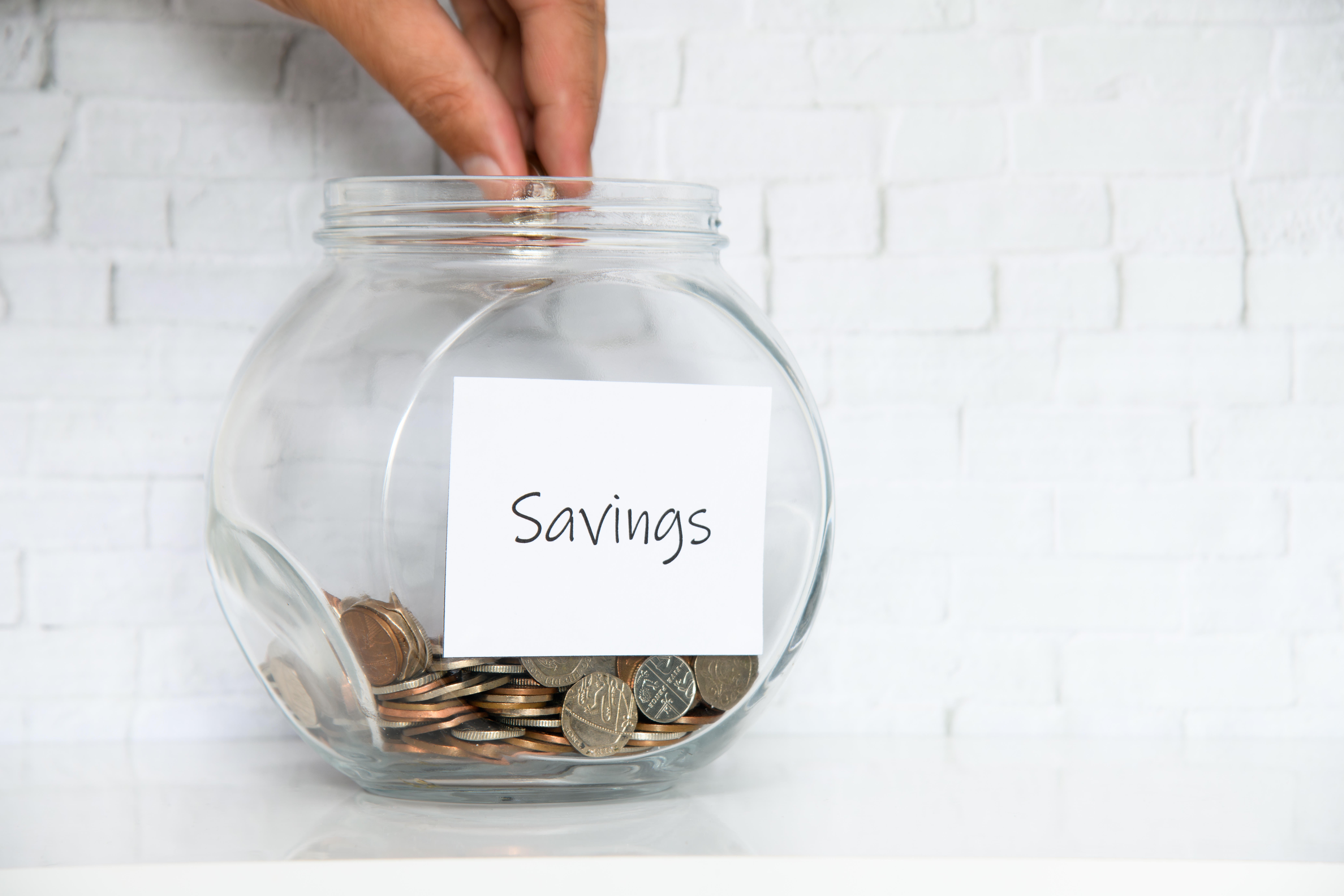6 tips and tricks for budgeting as restrictions lift
For many of us, the pub is once again an option – but how do you avoid getting overexcited and spending everything you’ve saved?

Your support helps us to tell the story
From reproductive rights to climate change to Big Tech, The Independent is on the ground when the story is developing. Whether it's investigating the financials of Elon Musk's pro-Trump PAC or producing our latest documentary, 'The A Word', which shines a light on the American women fighting for reproductive rights, we know how important it is to parse out the facts from the messaging.
At such a critical moment in US history, we need reporters on the ground. Your donation allows us to keep sending journalists to speak to both sides of the story.
The Independent is trusted by Americans across the entire political spectrum. And unlike many other quality news outlets, we choose not to lock Americans out of our reporting and analysis with paywalls. We believe quality journalism should be available to everyone, paid for by those who can afford it.
Your support makes all the difference.Covid vaccines are being rolled out, restrictions are gradually easing and things are beginning to open up again – meaning there are suddenly a lot more ways we can spend our cash.
From overdue haircuts and boozy pub garden get togethers, to meals out and trips to the zoo, it’s worrying to consider how we’re going to afford the expenses that’ve been on pause for the past year.
However Covid might have impacted your household’s finances, the lifting of restrictions is a good time to rethink your budget…
1. Track your spending
Whether it’s a round of drinks at the pub or a takeaway lunch near the office, those forgotten everyday transactions can quickly add up. Tracking your spending is key to financial organisation and makes it easier to see where your money is going each month.
Try to set aside some time each week to look at your statements so you can get an accurate picture of how your finances are changing alongside new government guidelines.
2. Set aside an entertainment budget
Budgeting apps like Emma and Yolt are designed to help you manage your money on-the-go, and allow you to budget a certain amount of spendable income each month for eating out, shopping and meeting friends.
If you’re not a fan of apps, there are plenty of budgeting templates out there so you can track your spends using a spreadsheet. We really like moneysavingexpert.com’s online budget planner, where you can detail all of your outgoings and work out how much you want to spend.
3. Think about other categories
If you’ve been working from home, you might have saved on commuting, as well as lots of other smaller costs like beauty products, gym membership, manicures, new clothes and takeaway coffees.
Once they resume, these kinds of spends add up and may affect how many social events you can afford to commit to.
4. Set short-term financial goals
Set up a standing order to transfer some of your paycheck into a savings account on the day you get paid, so you won’t be tempted to spend it. You might not be saving quite as much as you did in full lockdown, but you’ll still be working towards a place of better financial security.
5. Don’t overcommit to events
Most of us have been socially deprived over the last year, so it’s natural to want to say yes to every brunch and pub garden invite that comes your way.
Cramming your diary with social events will not only put a strain on your finances though, it can also be pretty overwhelming after months of government-mandated isolation. Be selective.
6. Learn from the past year
One clear lesson from the past year is that we spend a lot more money than we realise, and that having an emergency savings fund is really important.
Whether it’s making your lunches at home, ditching the coffees out, cycling to work or simply enjoying socialising without the need to drink, there are lots of good lockdown habits that could be worth continuing long after things reopen. Not only will they help save you money, but they’ll also help you avoid getting into new debt after a stressful year.